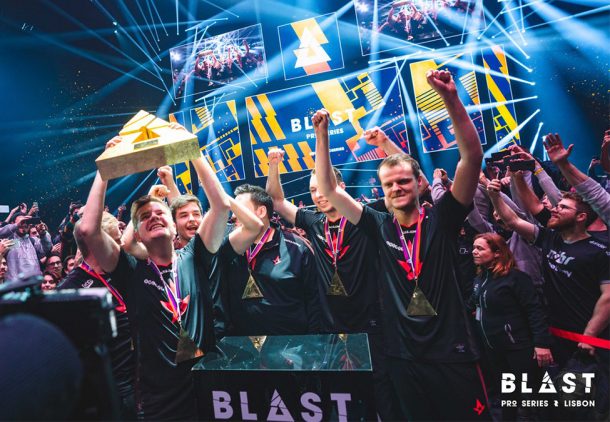Danish Defence worked with Astralis to decide on gaming recruitment drive
The Local, an English-language publication focused on Denmark, has reported that the country’s armed forces – Danish Defence – worked with CS:GO team Astralis amongst others to determine whether it should market to gamers.
Danish Defence sees gamers as good candidates to join its forces after several trials, which is where the CS:GO champions’ involvement comes in.
Danish Defence reportedly tested Astralis’ players – who are all Danish themselves – to see where they stood in comparison to average people in the same age group. Reaction time, building a mental image and acting up on it, and memory were all said to be part of the trial.
With the professional players trumping the average person, this is largely behind Danish Defence’s consideration regarding a recruitment drive focused at those who play games often.
The report also claims that Danish Defence is set to forge a partnership with Esport Danmark, a national federation for esports that aims to Denmark “one of the world’s leading countries in the field of esports”. Founded in 2007, the association is a co-founder and member of the International Esport Federation (IeSF). The partnership would be in aid of increasing the number of applications submitted by those who enjoy gaming.
Astralis’ involvement with their countries’ armed forces isn’t the first time a CS:GO roster has done such a thing. In July last year, the U.S. Air Force sponsored North American organisation Cloud9’s CS:GO team – around the same time it expanded its partnership with Turner and IMG’s esports tournament brand ELEAGUE.
The British Army caught a lot of flack at the top of the year after releasing posters aimed at “binge gamers”, as well as “snow flakes”, “me me me millennials”, and “phone zombies”. At least the Danish Defence knows once way to not appeal to the younger generation of today.
Esports Insider says: It’s unsurprising that the world champions in CS:GO may well be stronger than the average at the aforementioned categories. Whether or not that means that young gamers should be targeted for the armed forces remains a large topic of debate – not only in Denmark. The main demographic of those who play a solid amount of games involves being a young man, which is realistically the key audience that forces typically want to recruit.













